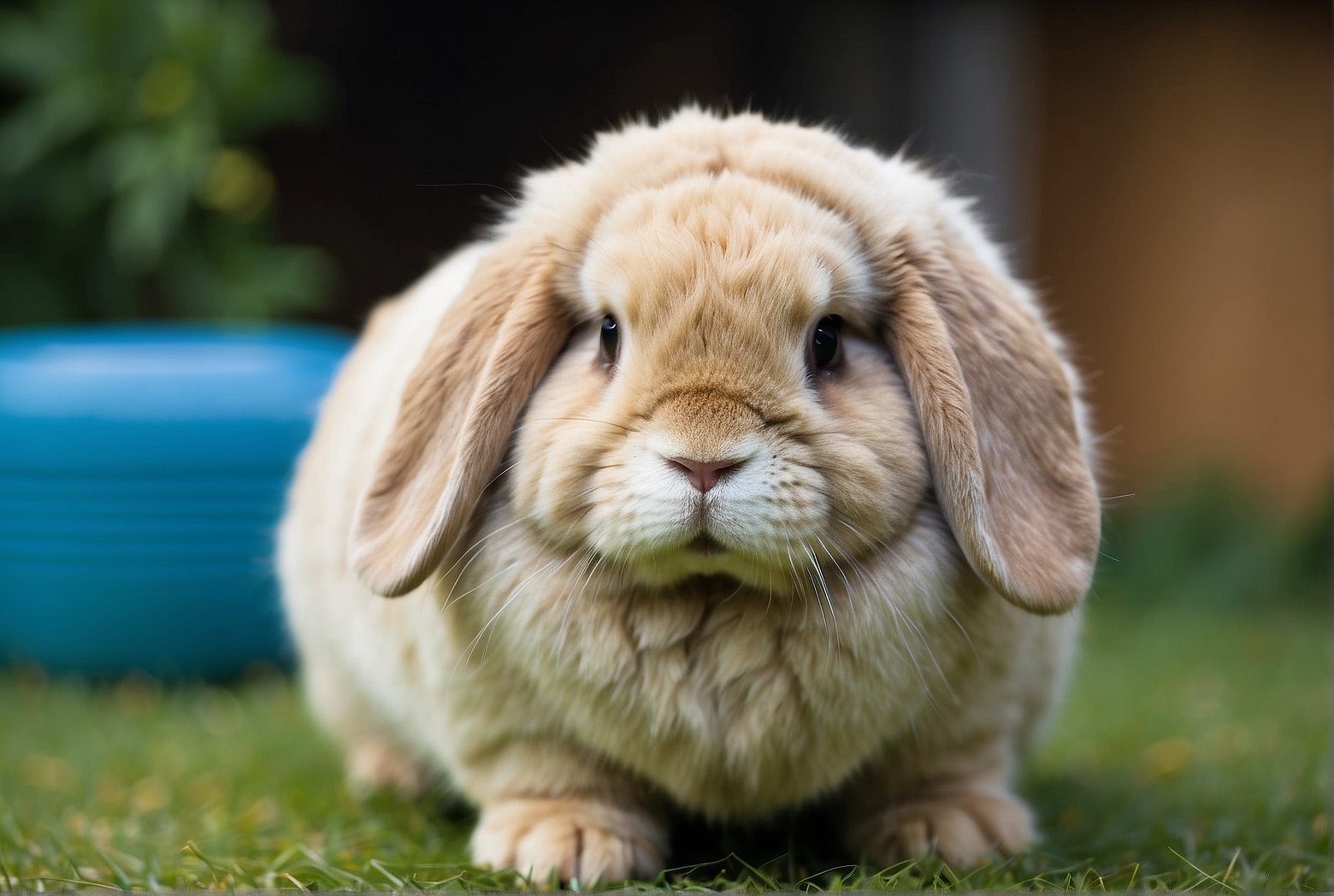Are you a proud owner or someone considering getting a Holland Lop rabbit and wondering about their ideal weight? Look no further! In this article, we will discuss the perfect weight range for these adorable pets. Whether you already have a Holland Lop or are just starting your research, understanding their ideal weight is crucial for their overall health and happiness. So, let’s find out how much your little furry companion should ideally weigh!
Factors Affecting Ideal Weight
When it comes to determining the ideal weight for your rabbit, there are several factors that come into play. These factors include genetics, breed standards, as well as diet and nutrition. By understanding these factors, you will be better equipped to ensure your rabbit maintains a healthy weight and overall well-being.
Genetics
Genetics plays a significant role in determining a rabbit’s weight. Just like humans, rabbits inherit certain traits from their parents, including their body size and metabolism. Some rabbits may naturally have a tendency to weigh more, while others may lean towards being smaller. It is important to take into account your rabbit’s genetic predisposition when assessing their ideal weight.
Breed Standards
Different rabbit breeds have established standards set by organizations such as the American Rabbit Breeders Association (ARBA). These standards outline the ideal weight range for each breed. For example, a Holland Lop rabbit typically weighs between 2 to 4 pounds. Breed standards serve as a guideline to help ensure that rabbits adhere to specific size and weight requirements, allowing for consistent characteristics within a breed.
Diet and Nutrition
Diet and nutrition go hand in hand when it comes to maintaining a healthy weight for your rabbit. Providing a balanced diet that meets their nutritional needs is essential. A well-rounded diet should consist of fresh hay, high-quality pellets, and a variety of vegetables. It is important to monitor portion sizes and avoid overfeeding, as excess calories can lead to weight gain. Consulting with a veterinarian to determine the appropriate portion sizes and dietary requirements for your rabbit is highly recommended.
Genetics and Weight
Genetics can greatly influence a rabbit’s weight. Rabbits can exhibit natural variations in weight even within the same breed. Factors such as metabolism and body composition can differ between individuals, leading to variations in weight. Some rabbits may naturally be on the smaller side, even if provided with a balanced diet and proper care. It is important to understand that while genetics can influence weight, it is still essential to monitor your rabbit’s health and ensure they are within a healthy weight range.
Breed Standards and Weight Categories
Breed standards, as established by organizations like ARBA, provide guidelines for the ideal weight range for each rabbit breed. These standards help maintain consistency within a breed and ensure that rabbits possess the desired characteristics. For instance, a Holland Lop rabbit should ideally weigh between 2 to 4 pounds. Being aware of these standards can assist in determining whether your rabbit falls within the expected weight range for their breed, allowing you to better assess their overall health.
Diet and Nutrition for Weight Management
Maintaining a balanced diet is crucial for managing your rabbit’s weight effectively. A diet that includes appropriate portions of high-quality pellets, fresh hay, and a variety of vegetables will provide the necessary nutrients without excessive calories. It is important to remember that rabbits have unique dietary needs, and their food should be tailored to meet those requirements. Consulting with a veterinarian will ensure you are providing the right amount and type of food to keep your rabbit at their ideal weight.
Health Implications of Incorrect Weight
Both being underweight and overweight can have negative effects on your rabbit’s health. Understanding the signs and implications of incorrect weight can help you recognize any issues promptly and take appropriate action.
Recognizing Underweight Rabbits
An underweight rabbit may exhibit visible ribs or a lack of muscle mass. They may appear lethargic or have a decreased appetite. If you notice any of these signs, it is essential to consult with a veterinarian to evaluate your rabbit’s health.
Addressing Underweight Issues
If your rabbit is underweight, a vet consultation is essential to rule out any underlying health conditions. Once any medical concerns are addressed, your veterinarian can guide you on weight gain strategies. These may include adjusting the diet to provide more calories, adding supplements, or increasing meal frequency. Gradual weight gain is important to ensure your rabbit’s overall well-being.
Recognizing Overweight Rabbits
overweight rabbits may have difficulty grooming themselves, as excess weight can limit their flexibility. They may also have excessive fat deposits around their neck, abdomen, and hips.
Addressing Overweight Problems
Similar to addressing underweight issues, a vet consultation is crucial to rule out any underlying health conditions. Your veterinarian can recommend weight loss strategies tailored to your rabbit. These may include portion control, adjusting the diet to decrease calorie intake, and increasing exercise. Weight loss should be gradual and supervised by a veterinarian to avoid any negative health consequences.
Maintaining Ideal Weight
Once your rabbit has reached their ideal weight, it is important to maintain it for their overall health and well-being. Regular check-ups with a veterinarian will help monitor their weight and identify any potential issues early on. Additionally, continuing to provide a balanced diet and ensuring your rabbit gets adequate exercise will help them maintain their ideal weight.
In conclusion, ideal weight for rabbits is influenced by genetics, breed standards, and diet and nutrition. Understanding these factors and their implications is essential in ensuring your rabbit maintains a healthy weight and optimal health. Monitoring your rabbit’s weight, consulting with a veterinarian, and providing appropriate care will help you keep your furry friend in the best shape possible.
